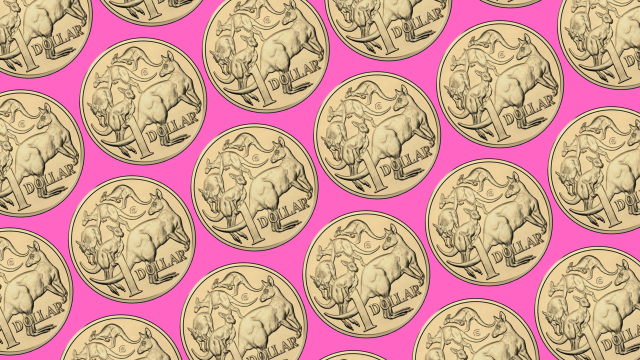Earlier this week, the Reserve Bank of Australia (RBA) announced it was going to explore use cases for a Central Bank Digital Currency (CBDC) in Australia. Similar work has been done by other central banks, and the RBA is essentially planning on determining if a digital Aussie dollar is feasible.
In a statement, the RBA said it will be working with the Digital Finance Cooperative Research Centre (DFCRC) on the digital Aussie dollar and that the project will involve the pair focusing on “innovative use cases and business models that could be supported by the issuance of a CBDC”.
“The project will also be an opportunity to further understanding of some of the technological, legal and regulatory considerations associated with a CBDC,” it wrote.
The Central Bank Digital Currency project will take a year to complete, the RBA said, and it doesn’t mean cash will be replaced with a cryptocurrency.
What is a Central Bank Digital Currency?
A Central Bank Digital Currency (CBDC) is essentially a digital version of existing legal tender. In our case, the Aussie dollar.
The CBDC would be a liability of, or a claim on, the central bank, in a digital form. It’s also known as a stablecoin, because it’s, well, stable.
This could include both retail CBDC, which would be like a digital version of cash that is essentially universally accessible, and wholesale CBDC, which would be accessible only to a more limited range of participants.
Is a CBDC cryptocurrency?
No. Like cash, the unit of account of the CBDC would be the sovereign currency, such as the Australian dollar.
So unlike cryptocurrencies like bitcoin, where its value fluctuates when converting it to AUD, an Australian CBDC would be 1:1 with the Aussie dollar. It will fall and rise, the exact same way the Australian dollar does, not like crypto does. A digital Aussie dollar would also be considered legal tender.
At the risk of repeating myself: a Central Bank Digital Currency is the digital form of a country’s fiat currency.
Why is the RBA looking into CBDCs?
Many countries are developing CBDCs, and some have even implemented them, the RBA, despite being against the idea in the past (more on that in a sec), is now having to look into them because a Senate Committee last year asked for the government to consider if a digital Aussie dollar is feasible.
“The committee recommends that the Treasury lead a policy review of the viability of a retail Central Bank Digital Currency in Australia,” the report said.
In 2019, the RBA developed a proof-of-concept of a distributed ledger-based interbank payment system using a tokenised form of CBDC, backed by exchange settlement account balances held at the RBA. It has since been working with Treasury, the Australian Prudential Regulation Authority and the Australian Securities and Investments Commission on this.
But, in July 2021, the RBA basically said it didn’t see a need for a digital Aussie dollar.
Now, it’s being forced into reconsidering it.
The project will involve the development of a limited-scale CBDC pilot that will operate in a “ring-fenced environment” for a period of time and is intended to involve a pilot Central Bank Digital Currency that is a real claim on the Reserve Bank.
“This project is an important next step in our research on CBDC. We are looking forward to engaging with a wide range of industry participants to better understand the potential benefits a CBDC could bring to Australia,” said Michele Bullock, deputy governor of the Reserve Bank.
This article has been updated since it was first published.
